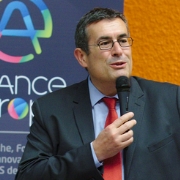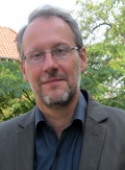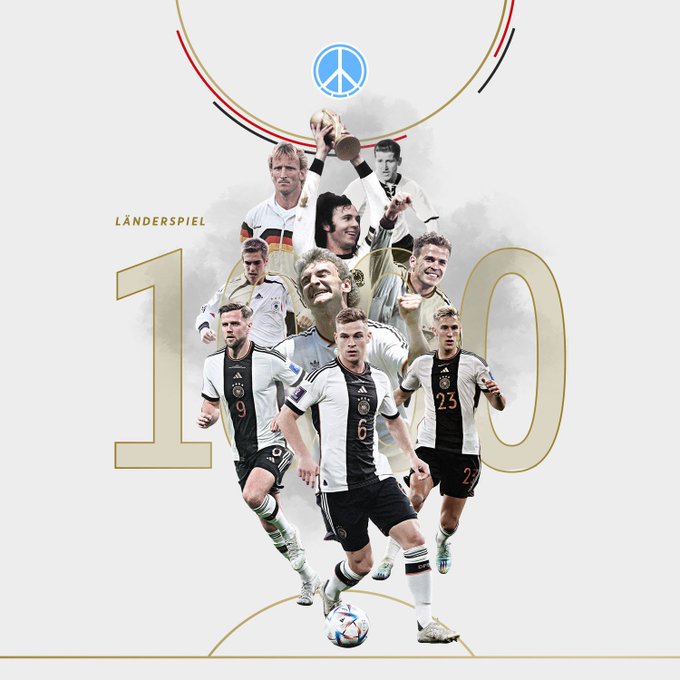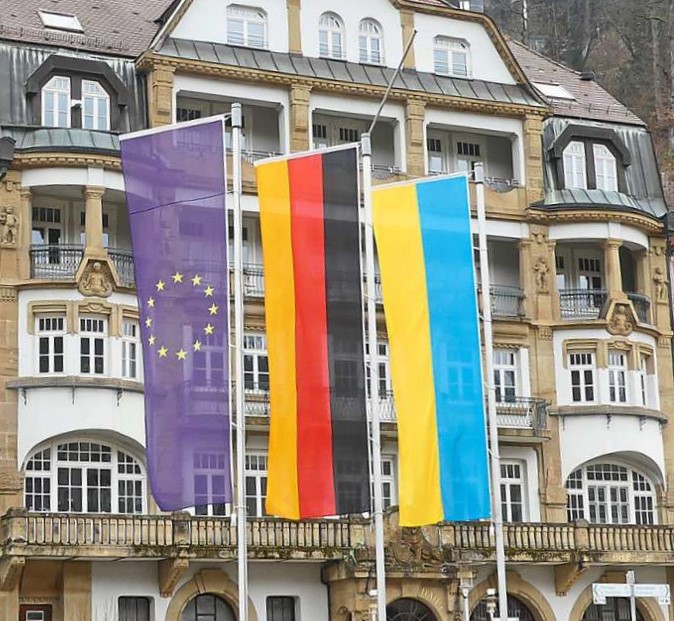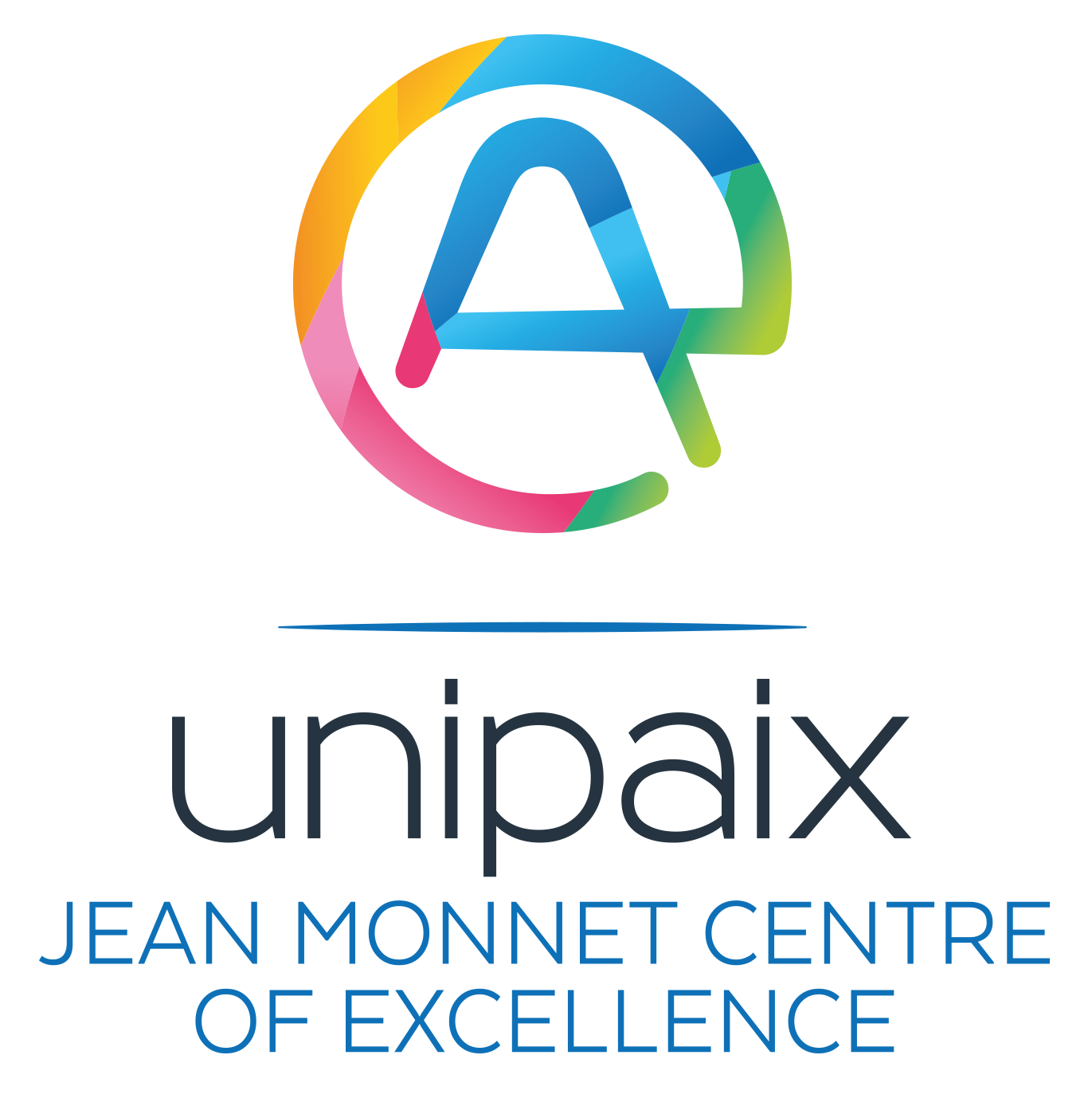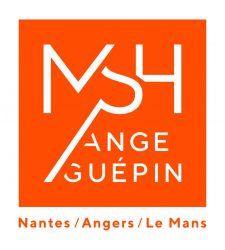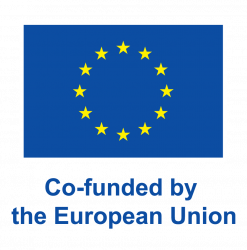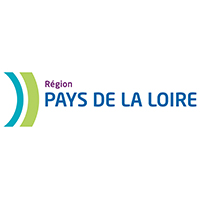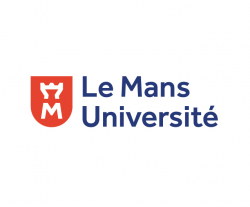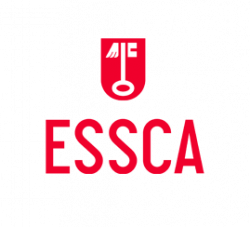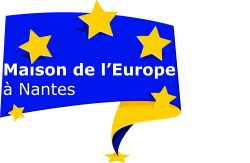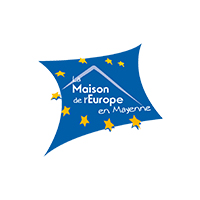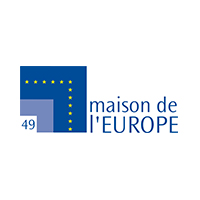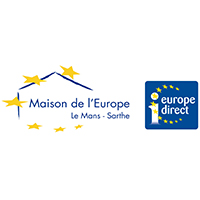
With the support of LabEx EHNE and the Center of research in international and atlantic history of Nantes University.
Catala Michel (direction), Jeannesson Stanislas (direction), Schnakenbourg Éric (direction)
The history of the Europeans’ relations with the world over the long term, from the 15th century to the present day, can be considered under two perspectives : focusing on the conditions of the presence and activities of the Europeans on the other continents ; and considering the returns-effects and the mutations produced in Europe by the intensification and progressive globalization of exchanges. These two entries allow to resolutely go beyond the classic strory-telling of europeanisation of the world in order to value the multiplicity, the extent and reciprocity of influences resulting from Europe’s increasing openness to the world.
Reporting these dynamics imposes to vary the reading scales. First by presenting the big tendencies. Then by enlighting events that are sometimes little-known and which, beyond their singularity, are significant of the diversity, the complexity and the wealth of exchanges and circulations between the Europeans and the world
Auteurs
MICHEL CATALA
Professor of Contemporary History at the University of Nantes - Director of the Institute for European and Global Studies.
STANISLAS JEANNESSON
Professor of contemporary history at the University of Nantes and member of the CRHIA
Stanislas Jeannesson is a specialist in the history of international relations in the 20th century and the evolution of diplomatic practices. He is Professor of Contemporary History at the University of Nantes and a member of the CRHIA. His research focuses in particular on the place of Europe in the international system, from the European Concert to the European Union, and on the existence of a European diplomatic culture. He has published several books and articles on the emergence and affirmation of the European idea, particularly in the inter-war period, and on the dynamics and resistances that affect the project of a united Europe. He has been teaching the history of the European idea and construction for 15 years, at all bachelor’s and master’s levels, first at the University of Paris IV-Sorbonne and then at the University of Nantes. Stanislas Jeannesson is also editor-in-chief of the journal Monde(s), which seeks to rethink the history of continental areas in the context of the permanent connections that they constantly maintain.
Stanislas Jeannesson is the coordinator of Alliance Europa’s Research Axis 3 “Europe in the World”.
http://www.crhia.fr/annuaire.php#id_annuaire_ancre_332


